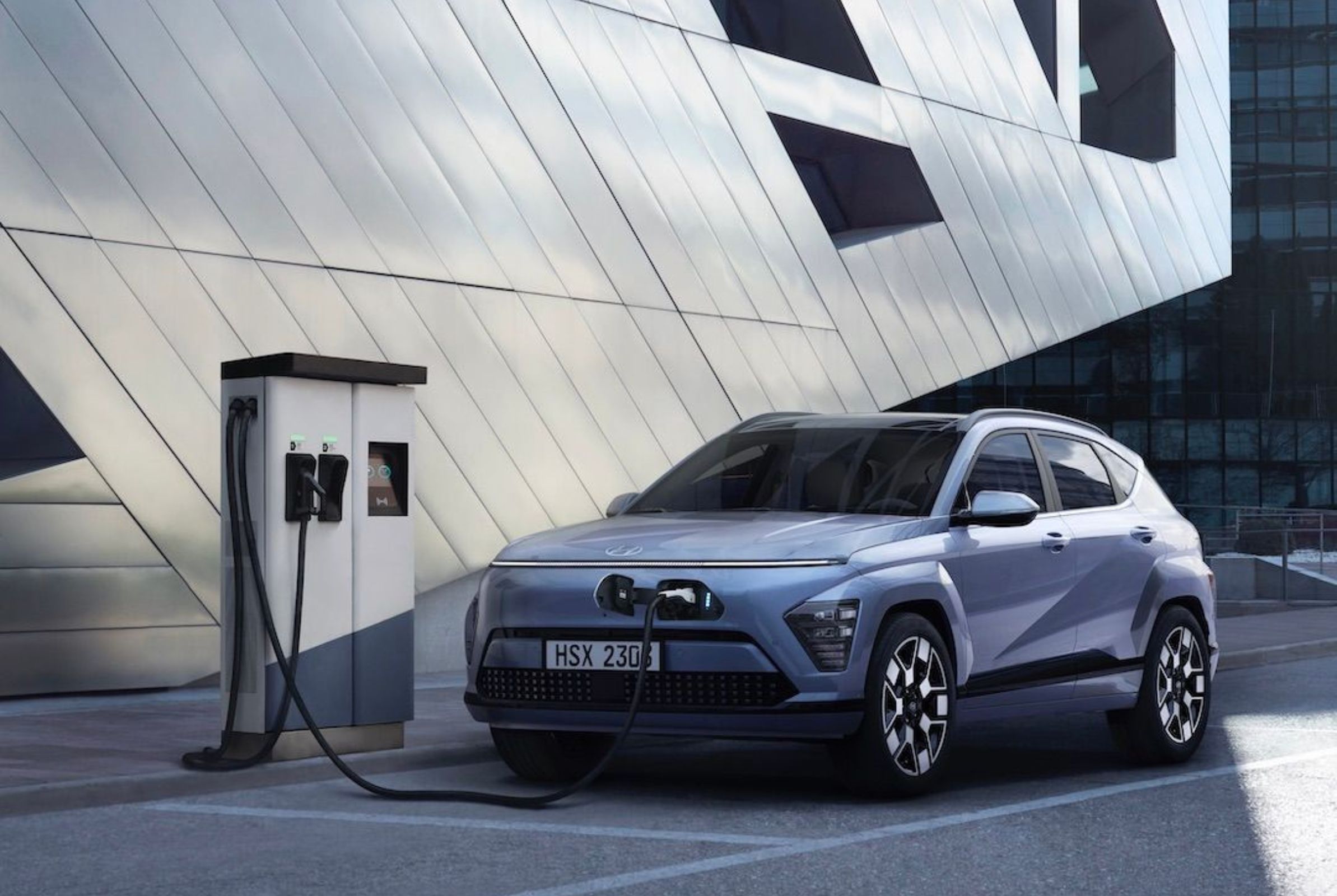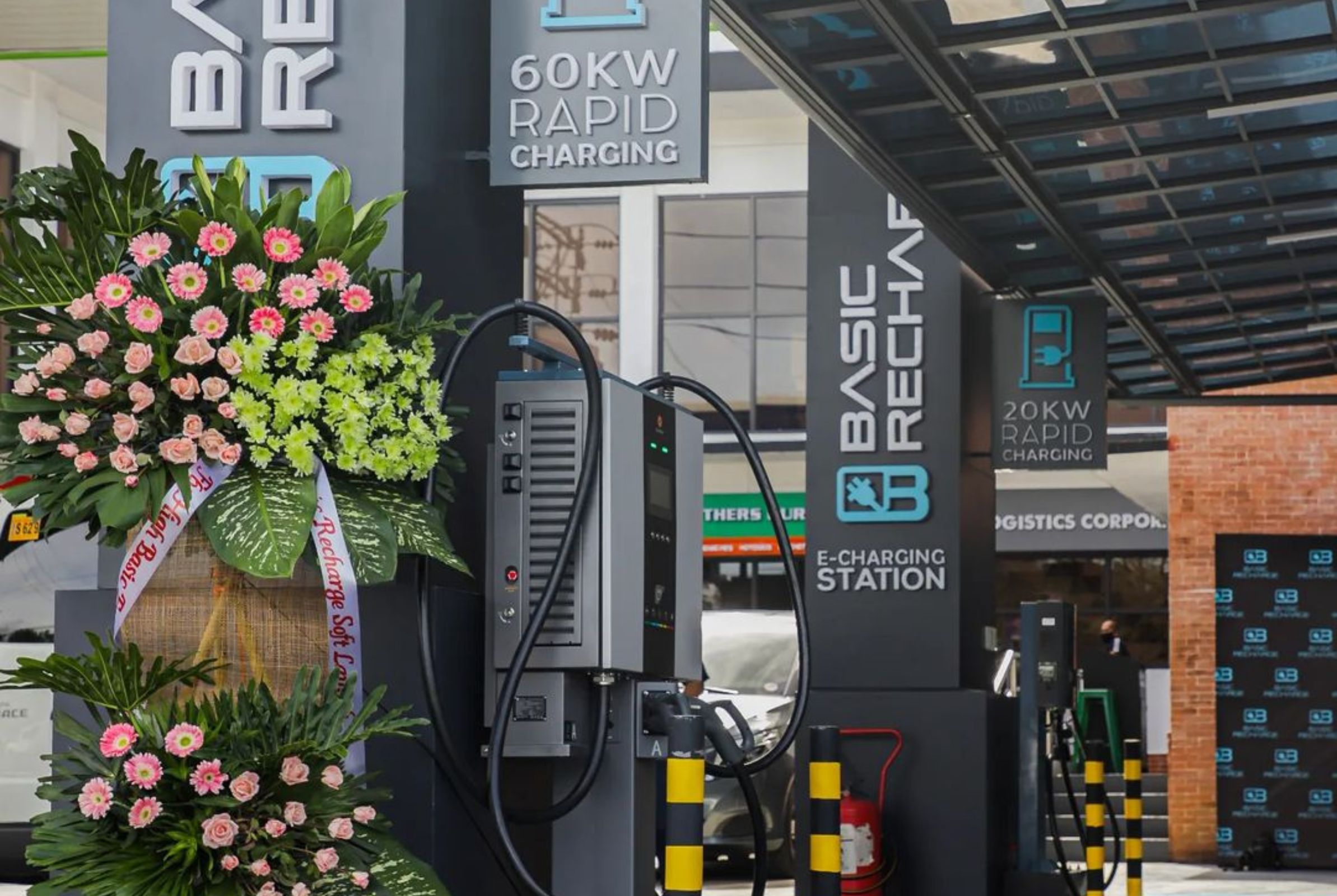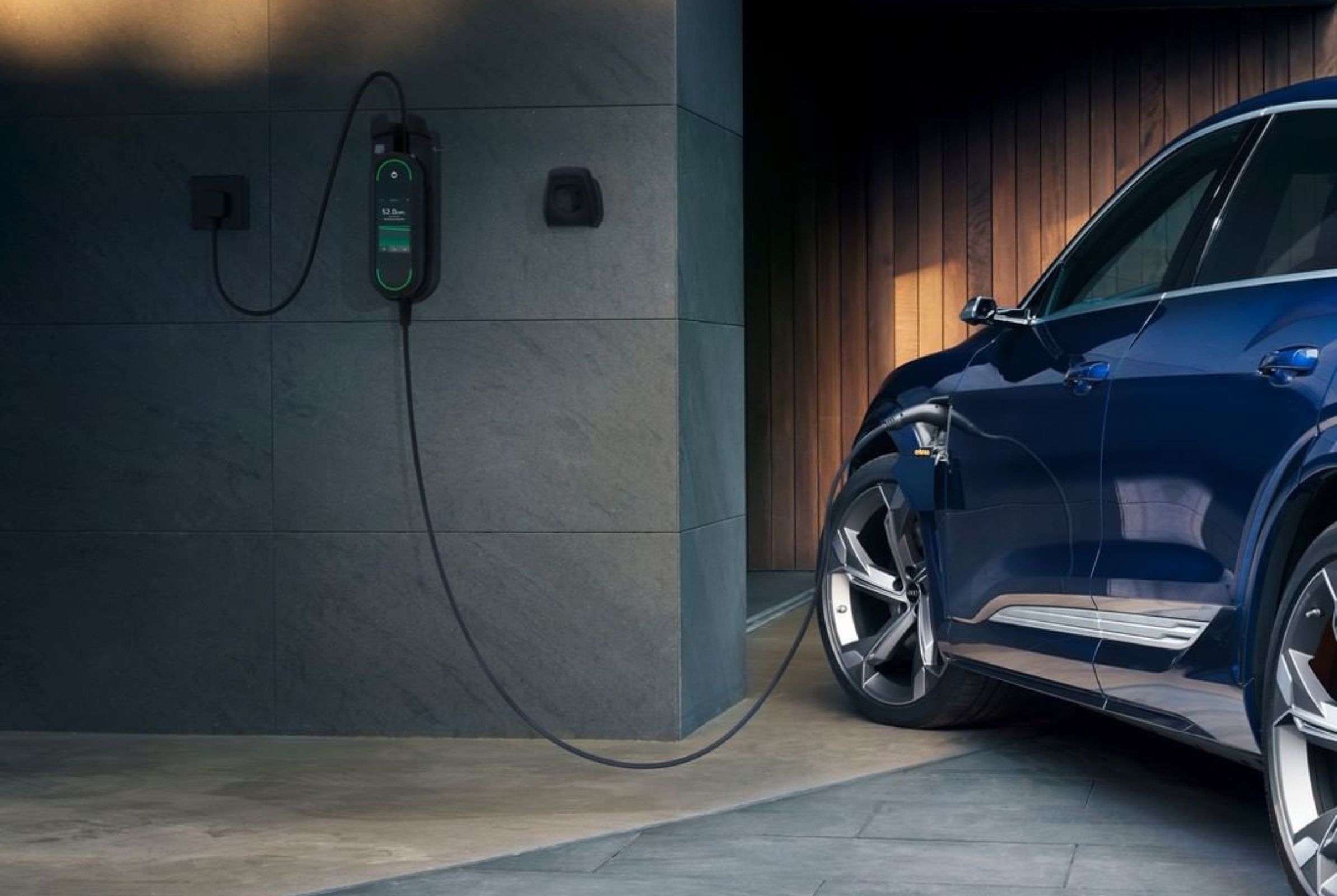From tax breaks to freedom from some traffic regulations, here are some of the advantages of having an electric car in the Philippines, as outlined in the EVIDA Law
In a significant development last year, Republic Act No. 11697, also known as the Electric Vehicle Industry Development Act (EVIDA), was signed into law. This move clearly demonstrates the government’s commitment to ushering in the next generation of transportation in the country. From the benefits to the types of vehicles that qualify for them, here is everything you need to know about this groundbreaking law.
RELATED: Power Up Your Ride With These 10 Impressive Electric Vehicles
The Comprehensive Roadmap for the Electric Vehicle Industry (CREVI)

In order to speed up the development, commercialization, and use of EVs in the country, the law introduced the CREVI, a national development plan for the EV industry with an annual work plan. EVs and charging stations are just one part of the CREVI’s four-part structure, which also includes manufacturing, research and development, and human resource development.
What EVs qualify?
The law specifies that a vehicle must feature at least one electric drive for propulsion in order to be eligible for the benefits. Battery electric vehicles, often known as BEVs, are one type of eligible EV because they generate electricity from traction batteries. Hybrid electric vehicles or HEVs are yet another category of battery-powered automobiles. Various types of HEVs, like System parallel hybrids, series hybrids, and mild hybrids, are also recognized under the law. Also mentioned are so-called “plug-in hybrids,” which may be recharged via an additional power cord. Finally, the law covers lightweight EVS like e-scooters, e-bikes, and segways, all of which are alternatives to traditional means of micromobility.

The EVIDA law also acknowledges that it is not difficult to develop new types of EVs due to the rapid changes that can be made by technology. Therefore, new EVs that will soon be built are also included, provided that they are approved by the Department of Energy and that they use at least one electric motor for propulsion.
Convenient charging

Several public and commercial establishments are both obligated by EVIDA law to install charging stations. It is up to CREVI to decide which businesses and public spaces will host these charging stations. The first variety are public charging stations designed for business usage, found in places like supermarkets and malls. The second type are own-use charging stations, which refer to private facilities that aren’t available to the general public, such as those found in a business or cooperative. Finally, there is the Battery Swapping Station (BSS), where a fully charged battery can be exchanged for one that is low on power. These options laid out in the law give assurance to people who drive electric vehicles in the Philippines that they won’t have any trouble finding a place to plug them in.
Powered perks
One of the finest provisions of the law is that it exempts EV owners from the Mandatory Metropolitan Development Authority and other government agencies’ number-coding schemes and similar traffic volume reduction programs. Aside from that, there will be designated areas for parking electric vehicles, as pursuant to the Philippine National Building Code. Of course, this is all dependent on the overall number of parking spots at a certain business, but if there are 20 or more slots, establishments should provide at least 5% of the available spots.

The law also provides fee reductions for paying the Motor Vehicle User’s Charge at each registration renewal. A discount of 30% is offered for BEVs, while a discount of 15% is given for HEVs. Users of electric vehicles are also eligible for discounts on inspection and registration expenses. In addition to that, the Land Transportation Office will give BEV and HEV owners precedence when registering a new car, as well as priority when renewing registration and issuing a special license plate.
The LTFRB will also expedite the processing of franchise and renewal applications from public transportation EV operators. In addition, these operators can send their staff to TESDA to avail themselves of training programs and learn about EV manufacturing, operation, and maintenance.
Since local EV production is still in its early stages, this regulation provides incentives for importing vehicles. The EVIDA law allows tax exemptions under the Tax Reform for Acceleration and Inclusion, or TRAIN Law. In addition to EVs themselves, the import of raw materials for their manufacture, as well as the construction and assembly of charging infrastructure, will be exempt from the tax.

When it comes to importing components and parts for EVs, both manufacturers and importers are eligible for expedited processing from the Bureau of Customs. Import taxes of 30% on electric vehicle charging and distribution components and other EV manufacturing equipment have also been temporarily suspended in accordance with Executive Order 12, which was recently signed into law. This is a five-year plan to lower the cost of electric vehicles and make them more accessible to consumers by 2027.
Financial aid from the government and commercial financial institutions, such as a consumer loan, is also included in the law for those who wish to launch an EV business. Loans that will be used for the exclusive purpose of purchasing EV cars for public transportation will also be eligible for preferential interest rates and payment plans. The Bangko Sentral ng Pilipinas will encourage banks to provide financing for electric vehicles and charging infrastructure (including charging stations and batteries) production, assembly, and use.
Finally, although not technically a benefit provided by law, one of the biggest advantages of owning an EV is that you can save more money than using gas, as Electric Vehicle Association of the Philippines Chairman Emeritus Ferdie Raquelsantos explained in an interview before. He went so far as to say that driving 100 kilometers in a conventional vehicle would cost you roughly PHP 550, whereas driving the same distance in an electric vehicle would cost only around PHP 240.
Photos: MERCEDES BENZ, HYUNDAI, AUDI PHILIPPINES, and BASIC ENERGY PH (via Instagram)









